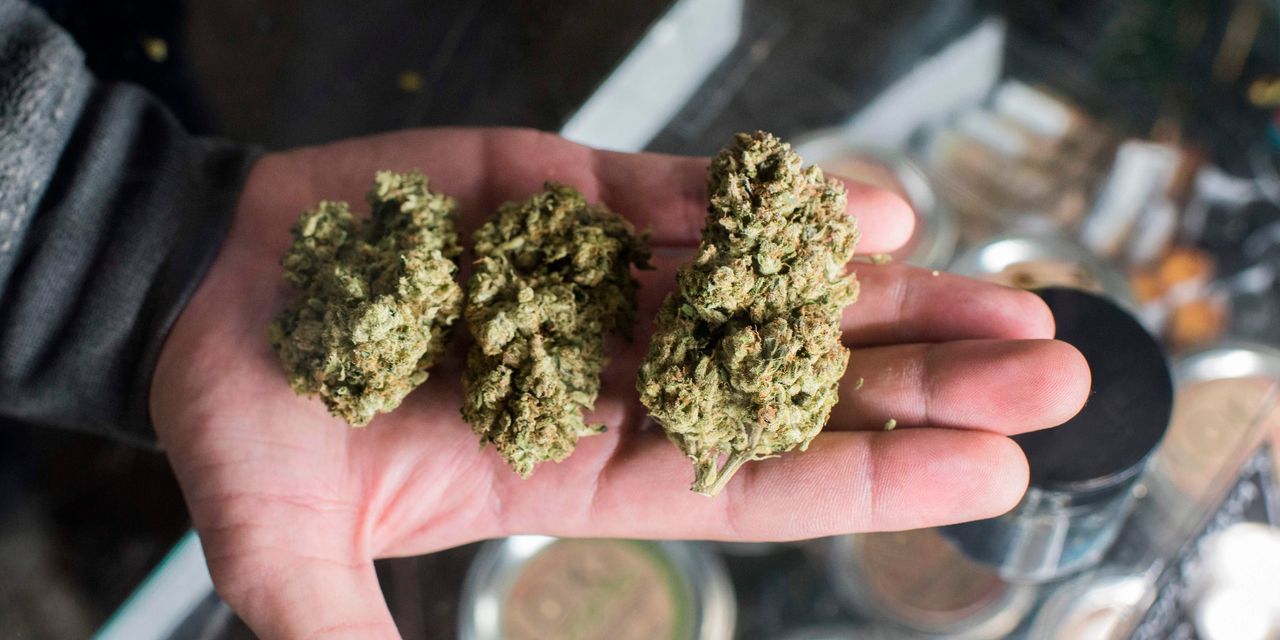The CEO of SPAC Choice Consolidation Corp. said a decision by the special purpose acquisition company to return money it raised in 2021 in its initial public offering represents the best path forward for shareholders.
The liquidation of Choice Consolidation Corp. as announced Friday comes after the SPAC drew in about $172 million in its IPO in early 2021. The blank-check company, or SPAC, was unable to find an acquisition that fit its criteria to convert into a publicly traded company through a de-SPAC transaction. The company has traded on the Neo market in Canada and on the OTC under the symbol CDXXF.
“We feel that now is not the best timing to take some of these companies public,” said Choice Consolidation Corp. CEO Joseph Caltabiano. “The decision is market driven, company driven, and it is capital markets driven.”
The move by Choice Consolidation comes as more SPACs face the typical two-year deadline to do an acquisition or return money to shareholders.
In 2022, much weaker public market valuations of cannabis companies have trickled down to smaller, privately held acquisition targets in the marijuana space. That price compression has squeezed the potential value of rolling up smaller companies and taking them public through de-SPAC transaction, Caltabiano said.
“Unfortunately, in the cannabis space you’re seeing a significant deterioration in the fundamentals…with [cannabis] licenses and bumps in the road on the federal legalization side which has stunted investor appetite in the space,” Caltabiano said.
Prior to leading Choice Consolidation Corp., Caltabiano co-founded Cresco Labs Inc.
CRLBF,
where he was also past president and board member. He took Choice Consolidation Corp. public on the Neo exchange in Canada in early 2021 about after announcing his departure from Cresco Labs’ board in 2020.
The SPAC could not be listed on a U.S. exchange because it planned to invest in plant-touching companies in the U.S., where cannabis remains illegal under federal law despite state-sanctioned programs.
Nowadays, with public cannabis companies’ market values pushed down to four- to six-times Ebitda, buying a private company at a lower valuation, creating efficiencies, and then benefitting from a higher public market valuation is no longer possible, Caltabiano said.
Instead of healthy companies, Choice Consolidation Corp. has run across distressed cannabis assets such as cultivation facilities that are half-built, or dispensaries trying to get operational.
“I wasn’t looking at this SPAC as a distressed assets vehicle,” Caltabiano said. “I don’t think public companies should go after highly distressed assets in a disjointed capital environment. Stock market investors want to know how much money you’re going to make and whether you can hit your quarterly earnings targets. If you can’t control that, it’s not good to be a public company.”
Looking ahead, Caltabiano is considering the launch of a private fund of $50 million to $100 million to invest in distressed cannabis companies.
When markets improve, maybe some of these assets could end up going public, he said.
